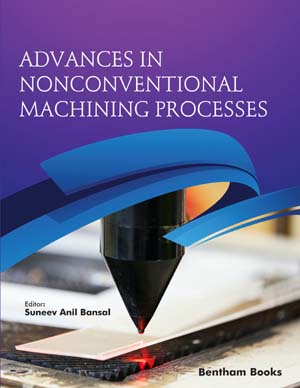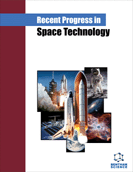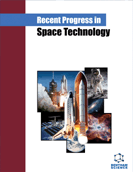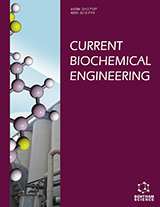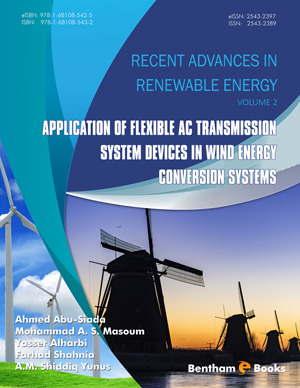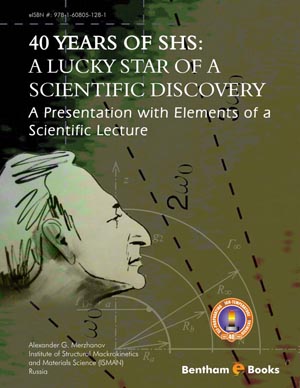Abstract
Demand for advanced materials, possessing, and better properties is always there in the multi-disciplinary fields of automotive, aerospace and medical applications requires advanced machining processes. Wire electric discharge machining (WEDM) is a promising non-traditional machining method utilized extensively to machine materials with varying hardness and intricate shapes with great accuracy and precision. A WEDM is a non-contact process, involves the removal of material in the form of spark erosions. DC electrical sparks are constantly generated between the wire electrode and the workpiece to achieve desired shape on the component. The input variable such as pulse-on-time, pulse-off-time, wire speed, servo voltage and flushing pressure can be tuned and controlled in order to optimize the machining process responses. The aim of this study is to identify the significant effects of process parameters on MRR, TWR, SR and surface morphology of titanium nickel memory alloys. Additionally, areas have been recognized that require intense research considerations. Future aspects of WEDM are also presented.
Keywords: Artificial neural network (ANN), Design of experiment (DOE), Electron back scatter diffraction (EBSD), Energy dispersive spectroscopy (EDS), Metal removal rate (MRR), Scanning electron microscopy (SEM), Surface roughness (SR), Transmission electron microscopy (TEM), Wire electric discharge machining (WEDM).


